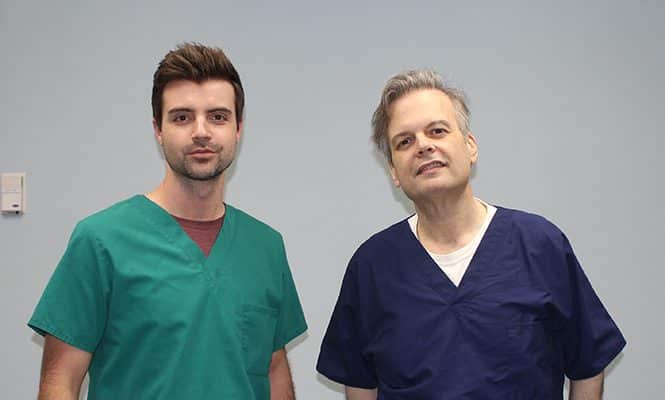Who are the Hair Transplant Doctors?

Hair transplant surgery is a very unique field of medicine. There are no formal training programs in hair transplant surgery; and becoming a great hair restoration physician requires a lot of drive and dedication. Unlike other areas of medicine and surgery, hair transplantation is very much about what a doctor does and not where they come from. In the United States, any licensed physician can technically perform hair transplant surgery. This is because a doctor’s original area of training really has very little bearing on their ability to perform a quality hair transplant. Doctors are not taught how to perform a hair transplant during residency training. This means a doctor interested in learning hair transplants must seek out training on their own. But learning how to perform surgical hair restoration is only one aspect of being a great hair transplant surgeon.
A great hair transplant doctor understands every aspect of a hair transplant surgery, and dedicates themselves to mastering each of these specific nuances. A great hair transplant doctor understands that a hair transplant is a carefully orchestrated affair involving many different steps and the participation of many different people. And a successful hair transplant requires each aspect to “go off without a hitch.” A proper hair transplant requires a large, stand-alone, and well-stocked hair transplant facility; it requires sophisticated equipment which must be set up in a special manner and requires continual maintenance; it requires a large staff of highly trained hair transplant technicians – a staff which must be trained by the doctor, continually monitored for quality control, and expanded over time; and it requires a doctor to – on top of performing the surgery itself – monitor and manage all of this and ensure this entire mechanism functions smoothly. A truly dedicated hair transplant doctor owns and operates a clinic like this and performs a large volume of regular procedures with consistent results – which will be posted regularly online.
There is no background or pseudo-related practice which can make up for not having this type of hair transplant clinic. Some will claim that another aspect of their history or some sort of device or new technique compensates for not having this type of clinic, but the consistency of the results begs to differ. As a patient, you should understand what it takes to truly be a “hair transplant doctor,” and highly consider seeing a physician like this for your procedure.





